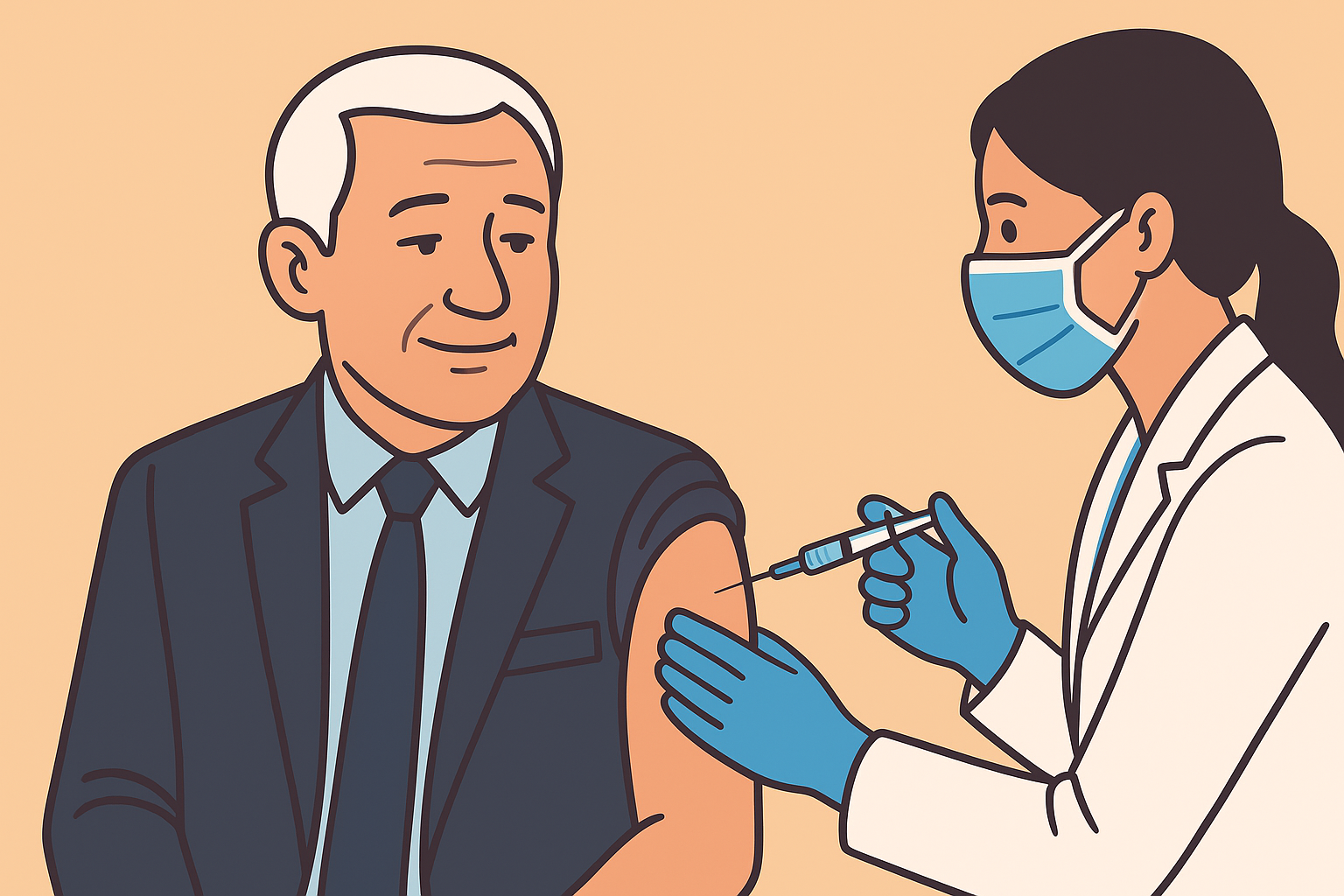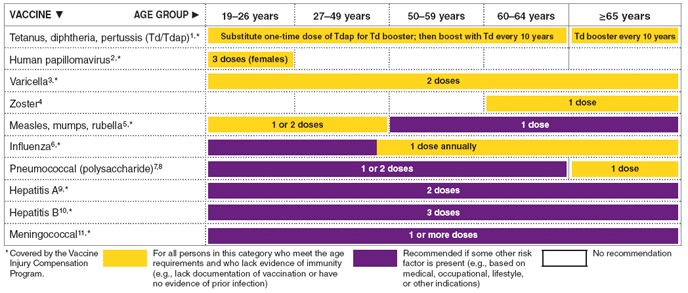This page has information on how you can receive a 2025-2026 COVID vaccination at Family Care in Durham, NC. You do not need to be a current patient at our office, but current patients will have far less paperwork to complete before receiving the vaccine. Please review the details below and follow the instructions at the bottom if you’d like to schedule a vaccination.
Contact us if you have any questions!
VACCINE INFORMATION
Family Care will be offering two different types of COVID vaccinations – COMIRNATY and SPIKEVAX.
- Patients above 5 years old may receive COMIRNATY.
- Children between 6 months and 11 years old may receive SPIKEVAX.
Here are the specific details for each available vaccine. Unfortunately, we do not have the ability to order any other brands or manufacturers at this time.
Tradename: COMIRNATY
Proper Name: COVID-19 Vaccine, mRNA
Manufacturer: Pfizer BioNTech
Indication: COMIRNATY is a vaccine indicated for active immunization to prevent coronavirus disease 2019 (COVID 19) caused by severe acute respiratory syndrome coronavirus 2 (SARS-CoV-2). COMIRNATY is approved for use in individuals who are:
- 65 years of age and older, or
- 5 years through 64 years of age with at least one underlying condition that puts them at high risk for severe outcomes from COVID-19
Tradename: SPIKEVAX
Proper Name: COVID-19 Vaccine, mRNA
Manufacturer: Moderna
Indication: SPIKEVAX is a vaccine to protect you against COVID-19. SPIKEVAX is for people who are:
- 65 years of age and older, or
- 6 months through 64 years of age at high risk for severe COVID-19.
CRITERIA FOR VACCINATION
We are required to take a few extra confirmation steps this year, but our goal is to provide access to a COVID vaccine for anyone who wants one.
All patients must sign a form that confirms they have one of the following medical indications for vaccination.
- Respiratory disease: Asthma, COPD, cystic fibrosis, interstitial lung disease, etc.
- Metabolic & chronic diseases: Diabetes (type 1, type 2, gestational), obesity/overweight, chronic kidney/liver disease
- Cardiovascular & cerebrovascular: Heart conditions (including congenital), stroke
- Immunocompromised & disorders: Cancer, HIV, primary immunodeficiency, transplant recipients, immunosuppressant therapy
- Neurologic & developmental: Down syndrome and other disabilities, dementia, Parkinson’s disease
- Behavioral & lifestyle factors: Mental health disorders, physical inactivity, smoking, substance use disorders
- Other conditions: Pregnancy, tuberculosis, sickle cell, thalassemia, etc.
This list is not comprehensive and your provider can help you identify other potential indications, if you are unsure. Current patients will have the benefit of already having medical records on file at our office to support these indications, while outside patients can self-select their covered indications.
COST & COVERAGE
In previous years, COVID vaccines have been considered preventive and covered at 100% with in-network coverage. As of September 4, 2025, we have not received any direct information to change that status, despite national headlines suggesting a threat to coverage. Because all insurers are different and it is always best to be sure of your benefits, we suggest contacting your insurer and asking about immunization benefits on your specific plan.
For Pfizer’s COMIRNATY, check your insurer’s benefits for the following CPT Code:
- CPT Code 91320: Severe acute respiratory syndrome coronavirus 2 (SARS-CoV-2) (coronavirus disease [COVID-19]) vaccine, mRNA-LNP, spike protein, 30 mcg/0.3 mL dosage, tris-sucrose formulation, for intramuscular use in patients 12 years and older.
For Moderna’s SPIKEVAX, check your insurer’s benefits for the following CPT Code:
- CPT Code 91321: Severe acute respiratory syndrome coronavirus 2 (SARS-CoV-2) (coronavirus disease [COVID-19]) vaccine, mRNA-LNP, 25 mcg/0.25 mL dosage, for intramuscular use in patients 6 months–11 years old.
We expect your insurer to say these are covered preventive services and do not plan to bill any in-network patients up front, but we are preparing patients for the potential for changes depending on how insurers react to new guidelines.
If you are out-of-network, not a current patient at Family Care, or do not have insurance coverage, you can still receive the vaccine at these prices:
- COMIRNATY (>5 Years Old): $150
- SPIKEVAX (<5 Years Old): $135
If you are not a current patient, you will be asked to pay up front for the vaccine. We will file your vaccine with your insurer and refund your payment after ~30 days once your insurer processes the claim. Ideally, your insurer pays for the vaccine and we refund your payment by cancelling the original transaction a few weeks later.
SCHEDULING A 2025-26 COVID VACCINE
As of September 12, 2025, Family Care has started to receive our allocated shipments of 2025-2026 COVID Vaccines and we began administering vaccines to our patients on September 9. We are currently working through our existing waiting list, with full access to all patients available sometime in the next two weeks. Vaccines should become much more available before the end of September.
If you are a current patient, we can administer the vaccine almost any time. We can add it to an upcoming appointment, or schedule a separate visit just for the vaccine.
- Complete this form, then
- Call 919-544-6461 or send a Patient Portal message to schedule.
If you are not a current patient, you will need to complete the same paperwork that a potential new patient would have to complete, then follow the same instructions above.
- You do not need to fully transfer your care to our office, but we will need this information to confirm eligibility and allow us to provide medical care.
- If you decide later (within 365 days) to transfer your primary care to our office, you’ll already have that part complete and the transfer process should go pretty quickly.
FAQ
Will you send a prescription to a pharmacy so I can receive the vaccine at another location?
No. Because we offer the vaccine at our office, and current requirements state that you will need a special appointment for the prescription to a pharmacy anyway, we will not send a prescription for a patient to receive the vaccine at another location.
Do I need to be a patient at Family Care to receive the COVID vaccine?
No. You will need to complete the same paperwork necessary to establish care, but you will not be required to transfer care from your previous PCP to receive the vaccine.
Will my vaccine be covered by my insurance?
Probably. This year’s coverage has been much more uncertain than most, but we are currently still expecting COVID vaccines to be considered preventive services by insurers. If we find out differently, this page will be updated.
What if I do not meet the criteria to receive the vaccine?
The criteria is very broad, so you probably do meet the criteria already. Our staff can help you identify potential reasons or indications based on your medical history. If you do not meet criteria for any reason, you may have to pay for the vaccine, but you will still be allowed to receive it.
QUESTIONS?
We are hoping to receive more definitive answers from insurers and suppliers soon and will update this page with any new information. If you have any questions, please contact Ryan at 919-544-6461 or contact@familycarepa.com.







